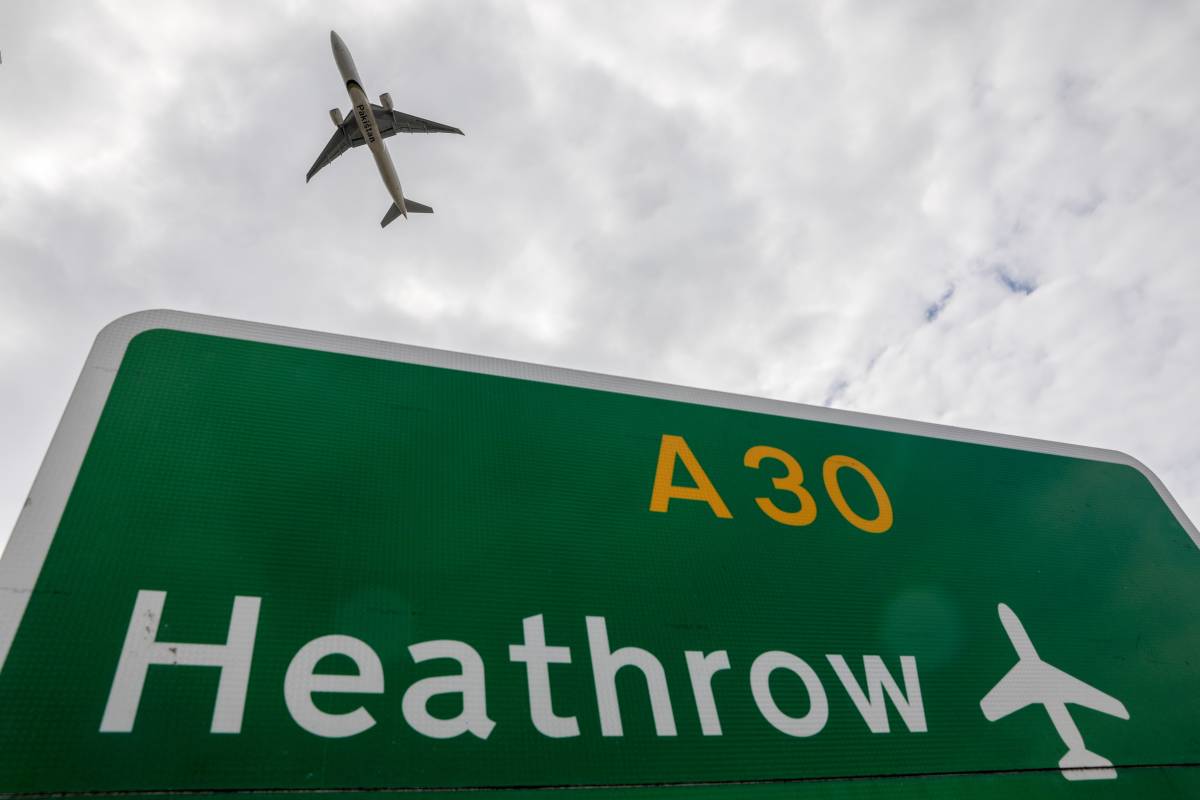In Britain, meanwhile, new Covid-19 cases dropped to about 140,000 a day in the last week, after skyrocketing to more than 200,000 a day earlier this month, according to government data…reports Asian Lite News
More than 50 per cent of Europe’s population could be infected with the Omicron variant of the coronavirus disease in the next six-eight weeks, the World Health Organisation (WHO) has said.
Dr Hans Kluge, European Regional Director of WHO, told reporters in Denmark on Tuesday that more than seven million Covid-19 cases were seen in the European Region in the first week of 2022.
As of 10 January, 26 countries in Europe reported that over 1 per cent of their population had been infected with Covid-19 each week, an official statement read.
“It is challenging health systems and service delivery in many countries where Omicron has spread at speed and threatens to overwhelm in many more,” Dr Kluge said.
He added that vaccines continue to provide good protection against Omicron. “Allow me to reiterate that the currently approved vaccines do continue to provide good protection against severe disease and death, including for Omicron,” he said.

The top WHO official also said that countries that are facing an Omicron surge should prioritise avoiding and reducing harm among the vulnerable and minimise disruption to health systems and essential services.
“Any decision to shorten recommended quarantine or isolation periods should be taken in combination with negative Covid-19 tests and only when considered essential to preserve critical service continuity. Any decisions to do so must be taken with careful weighing of the risks and benefits of doing so,” Dr Kluge said during the press conference in Denmark on Tuesday.
The WHO has already said that Omicron is less severe than the previous Delta, but it is not mild. Tedros Adhanom Ghebreyesus, the WHO’s director-general, said on January 7 that Omicron is hospitalising and killing people, just like previous variants.
Rapid drop in Britain
Scientists are seeing signals that Covid-19′s alarming omicron wave may have peaked in Britain and is about to do the same in the US, at which point cases may start dropping off dramatically.
The reason: The variant has proved so wildly contagious that it may already be running out of people to infect, just a month and a half after it was first detected in South Africa.
“It’s going to come down as fast as it went up,” said Ali Mokdad, a professor of health metrics sciences at the University of Washington in Seattle.
At the same time, experts warn that much is still uncertain about how the next phase of the pandemic might unfold. The plateauing or ebbing in the two countries is not happening everywhere at the same time or at the same pace. And weeks or months of misery still lie ahead for patients and overwhelmed hospitals even if the drop-off comes to pass.
“There are still a lot of people who will get infected as we descend the slope on the backside,” said Lauren Ancel Meyers, director of the University of Texas COVID-19 Modeling Consortium, which predicts that reported cases will peak within the week.
The University of Washington’s own highly influential model says the number of daily reported cases in the US will crest at 1.2 million by Jan. 19 and will then fall sharply “simply because everybody who could be infected will be infected,” according to Mokdad.
In fact, he said, by the university’s complex calculations, the true number of new daily infections in the US — an estimate that includes people who were never tested — has already peaked, hitting 6 million on Jan. 6.
In Britain, meanwhile, new Covid-19 cases dropped to about 140,000 a day in the last week, after skyrocketing to more than 200,000 a day earlier this month, according to government data.
Kevin McConway, a retired professor of applied statistics at Britain’s Open University, said that while cases are still rising in places such as southwest England and the West Midlands, the outbreak may have peaked in London.
The figures have raised hopes that the two countries are about to witness what happened in South Africa, where the wave crested at record highs and then fell significantly about a month later.
“We are seeing a definite falling-off of cases in the U.K., but I’d like to see them fall much further before we know if what happened in South Africa will happen here,” said Dr. Paul Hunter, a professor of medicine at Britain’s University of East Anglia.














